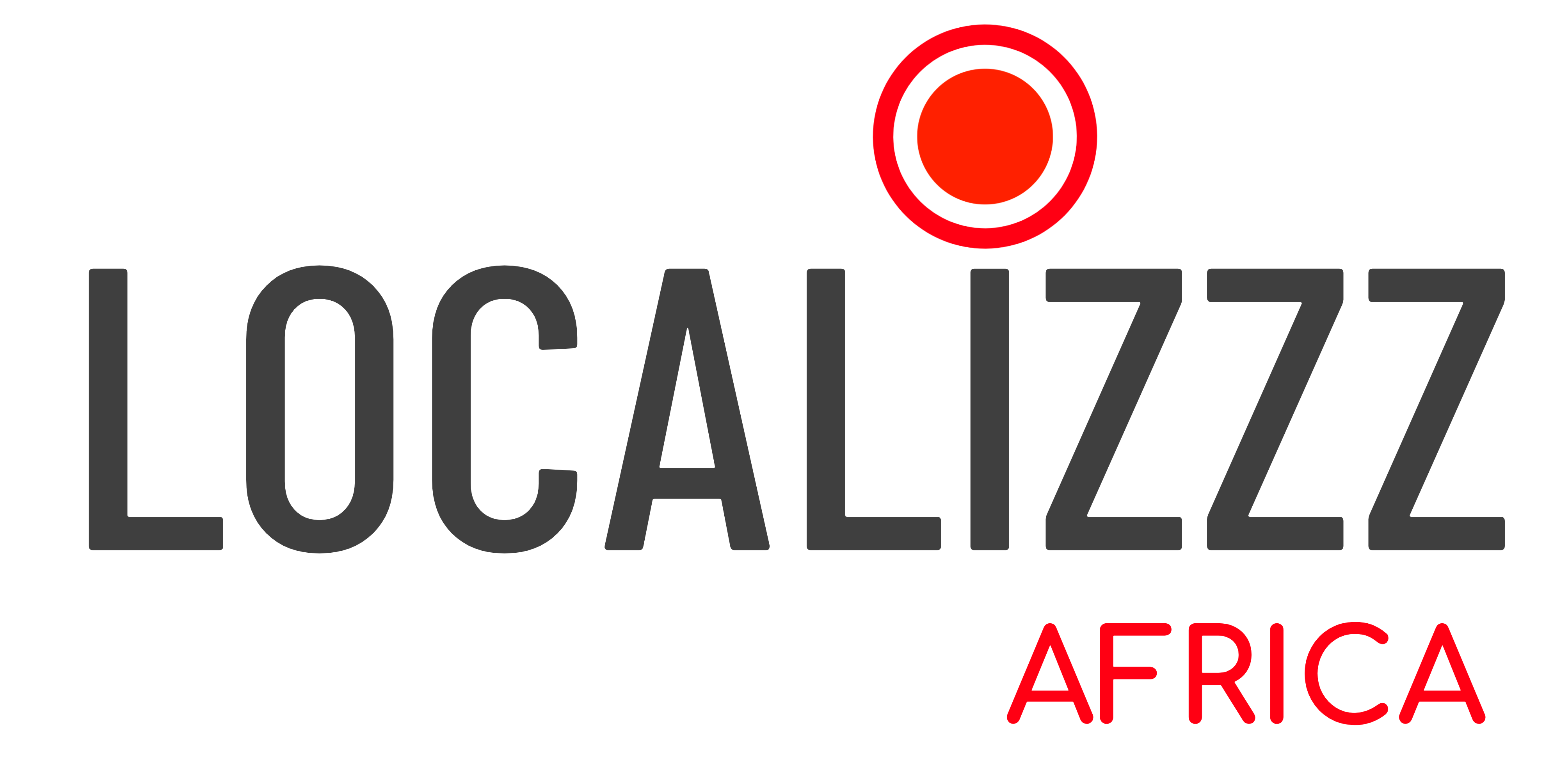Africa is incredibly linguistically diverse, with estimates suggesting that there are between 1250 to 2100 and possibly as many as 3000 languages spoken across the continent.
When creating content that includes diverse voices, it is essential to let each person express themselves in their own language instead of having them force themselves to write or speak a secondary language (even if they can), and even if the content will then have to be translated/subtitled for the intended audience.
Here are some reasons why:
Authenticity
Communication is not just about words; it’s about context, cultural nuances, and personal expression. When individuals speak in their native language, they are more likely to convey their true thoughts and feelings.
Quality
Even for those proficient in a second language, the comfort of using one’s first language reduces the risk of misunderstandings and errors. This leads to higher quality content, as the original message is preserved with its intended depth and subtlety.
Inclusivity
Encouraging content creation in native languages supports inclusivity. It not only respects linguistic diversity but also signals to speakers that their voices are valued exactly as they are, without the need to conform to dominant language norms.
Reach and Engagement
Translated or subtitled content can effectively reach a broader audience while maintaining the speaker’s original tone and style. This approach can engage both native and non-native speakers, enriching the audience’s experience by providing cultural insights they might otherwise miss.
Authenticity and quality can be critically compromised when speakers are not using their native languages, for example in artistic works, testimonials (including in courts), personal stories, negotiations and diplomacy
By prioritizing native languages in content creation and relying on professional translation and subtitling, we honor and amplify true voices in all their diversity.

